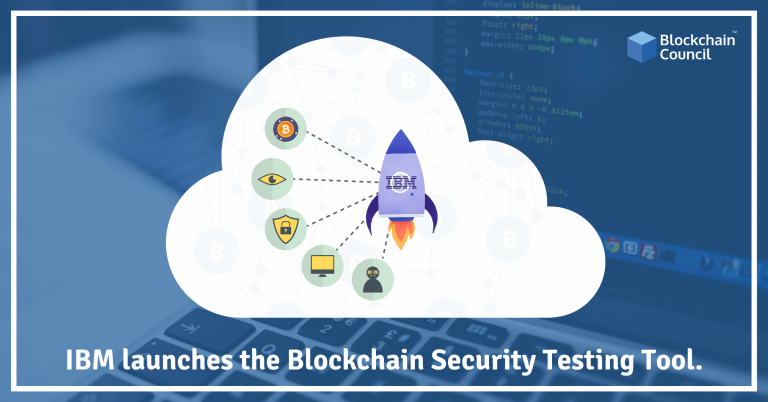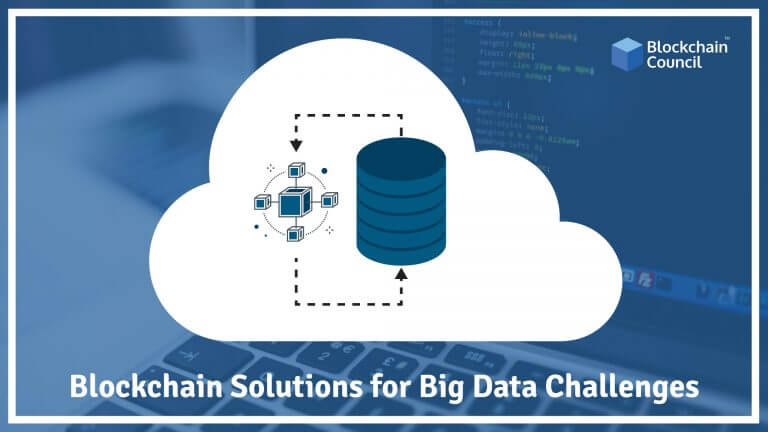
- Toshendra Kumar Sharma
- July 29, 2020
You must have heard a lot about blockchain and its impact on various industries. In this article, we will discuss one of the major applications of blockchain technology, i.e., blockchain and its role in the auditing process.
Table of Contents
- A Quick Review of Blockchain Technology
- How blockchain can Transform Audit Process
- Concluding Lines
A Quick Review of Blockchain Technology
From transforming supply chains to fostering cross-border transactions, blockchain can be seen as a revolutionary change in the field of technology, which has its use cases in almost every domain, and auditing is no more an exception. Blockchain experts believe that the financial services industry is on the verge of being disrupted, and blockchain has the potential to transform the industry and workforce by automating its organizational activities.
Blockchain is a peer to peer, decentralized, distributed ledger network technology that is combined with cryptography, enabling two parties to conduct transactions without relying on any third-party/middleman. Due to its wide range of applications, a number of capital firms and large enterprises are investing in its research to give a new definition to traditional practices and business models. Many accounting firms are undertaking blockchain initiatives to develop their skill sets and knowledge implications for this technology.
If you are curious to learn and implement blockchain and its use cases, you can sign up in the Blockchain Council and become a Certified Blockchain Expert.
How blockchain can Transform Audit Process
Blockchain can transform the auditing and accounting process in numerous ways. Let’s explore how.
Provide a way better Approach to Auditors
As we already know, blockchain has a distributed, shared ledger that stores the complete record of transactions that ensures that replication across nodes is undertaken. The adoption of blockchain can help auditors significantly as they will no longer need to request and wait for trading parties to provide data. Moreover, it will free up resources that were beforehand spent in hectic evidence collection and tedious verification process. It is a belief that technology could bring new challenges and opportunities in the audit and assurance space. Although it will not replace the traditional audit and assurance services, the auditor’s approach (the way auditors execute their engagements) may change considerably. Blockchain can be utilized as a source of verification for reported transactions.
Focuses on Testing of Controls
Few people believe that blockchain could eliminate internal and external auditors’ roles, but this is definitely not true. This is because transactions recorded on blockchain networks could be illegal, unauthorized, or linked to a side agreement that is “off-chain.” Therefore, the effectiveness of internal controls surrounding blockchain is crucial at auditors’ end. They also need to examine blockchain’s code quality, governing protocols, and power allocation among peers. The focus will not be just testing the transactions directly but also testing these controls to ensure the accurate assurance of transactions.
Real-Time Data Accessing
Presently, account reconciliations, trial balances, and other supporting documents are provided in electronic and manual formats to auditors, which is undoubtedly a time-consuming and labor-intensive activity for planning an audit. With blockchain, auditors could access information in real-time via read-only nodes on blockchains, and audit firms will be able to perform instant online assessments throughout the period under audit.
Blockchain to Speed-up Auditing Process
Blockchain can reduce the lag between the transaction and verification dates, thus speeding up the audition preparation tasks. This, in turn, likely to increase the performance and effectiveness of financial reporting and auditing processes. Blockchain-enabled digitization allows auditors to focus on complex tasks while conducting routine auditing on a near real-time basis. Furthermore, auditors could deploy more automation and analytics almost instantaneously.
Conclusion
The rapidly evolving technology brings immense opportunities for internal and external auditors due to which they are considering stepping forward to adopt and implement distributed ledger technology. Blockchain is transforming the current auditing process, and it is expected that the rate of adoption continues to expand. But, in addition, the auditing profession must embrace and learn the opportunities and limitations for widespread blockchain adoption, and it should always be remembered that although blockchain promises highly secure, fraud-proof transactions, scam instances cannot be fully eradicated.
We hope it is clear now that technology is and will continue to transform and revolutionize the auditing and accounting process, thus benefiting the audit firms to a great extent.
To get instant updates about Blockchain Technology and to learn more about online blockchain certifications and become a blockchain expert, check out Blockchain Council.
.





































































 Guides
Guides News
News Blockchain
Blockchain Cryptocurrency
& Digital Assets
Cryptocurrency
& Digital Assets Web3
Web3 Metaverse & NFTs
Metaverse & NFTs
